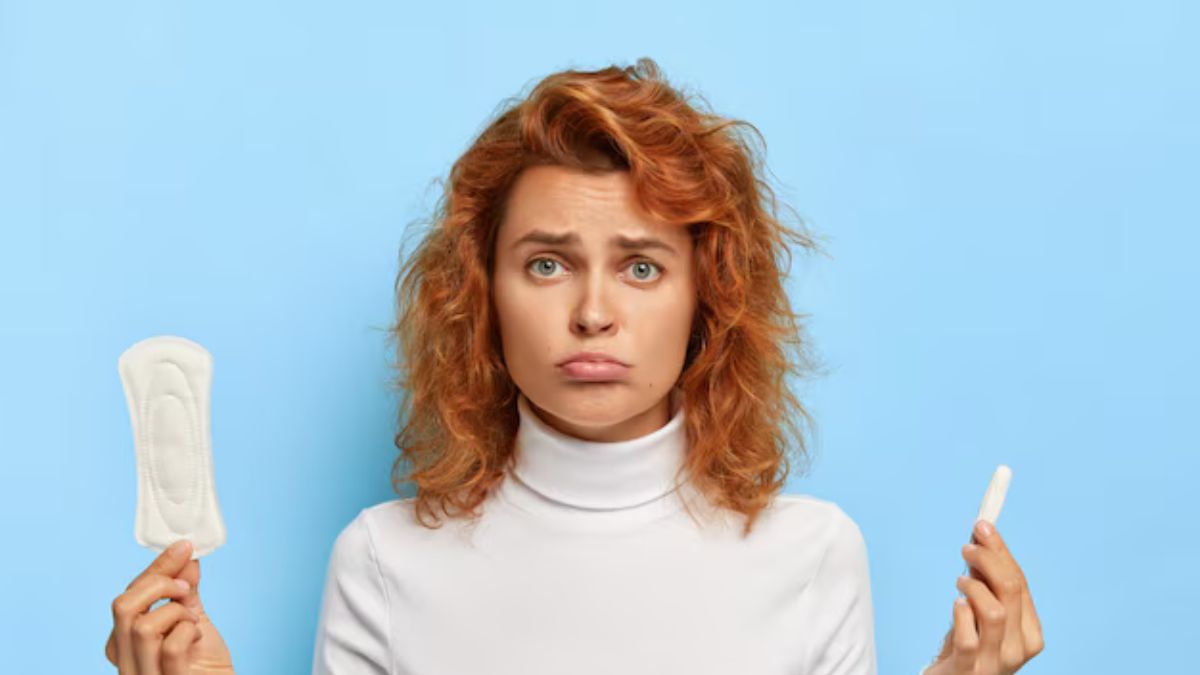Imagine being a teenager dealing with the pressures of school, friendships, and identity, only to be unable to purchase something as simple as a sanitary pad. Millions of people throughout the world face a hidden catastrophe known as period poverty.
What is period poverty?
Period poverty is defined as a lack of access to period products, sanitary facilities, and knowledge about menstruation. It’s about more than simply economics; it’s also about the stigma and humiliation associated with menstruation. While it may appear to be a faraway concern to others, it is a painful reality for many people, both in developing and rich countries.
According to UNICEF, around 500 million individuals globally lack basic menstrual hygiene resources. This deprivation causes missing school days, lost job prospects, and a substantial impact on mental health.
The Psychological Effects of Period Poverty
Let’s be honest: menstruation is a normal occurrence, but when someone struggles to handle it with dignity, it has a negative impact on their mental health. Here’s how.
- Shame and stigma: Shame and stigma persist in many cultures, making menstruation a taboo issue. This concealment breeds shame, making individuals feel filthy or guilty about something perfectly acceptable. When you are continually hiding your period, it lowers your self-esteem.
- Anxiety and Stress: Consider having to use improvised goods such as cloth, newspaper, or even socks because you cannot afford pads or tampons. The dread of leaking or being humiliated generates intense anxiety, particularly among young females.
- Depression and Isolation: Missing school or work due to a shortage of menstruation supplies might cause social isolation. Individuals who feel excluded and unsupported may eventually develop depression.
- Body Dysmorphia and Disconnection: Without enough knowledge on menstruation health, people may perceive their bodies as defective or dysfunctional. This can result in a lifetime sense of separation from their bodily identities.
Global Efforts To Combat Period Poverty
Fortunately, the battle against period poverty is gaining traction globally. Here are some outstanding initiatives:
Legislative actions:
- Scotland: In 2020, Scotland made history by being the first country to adopt legislation offering free period supplies to anybody in need.
- New Zealand: To combat absenteeism, schools across the country now provide free feminine hygiene supplies.
- Kenya: Kenya was one of the first nations to remove sanitary product levies in 2004, and the government continues to distribute free pads in schools.
Grassroots movements:
- The Red Box Project (UK): Volunteers put boxes with menstruation supplies in schools and community centres.
- Pads4Girls (Global): This program distributes reusable cloth pads to girls in underdeveloped nations, assuring long-term solutions.
Corporate contributions:
- Companies like as Always and Kotex have started “buy one, give one” promotions, in which they donate items with every purchase.
- Some firms are offering low-cost, environmentally friendly menstruation products for low-income regions.
Education and advocacy:
Organisations such as Plan International and Girl Up work relentlessly to break down the taboo around menstruation via awareness campaigns, ensuring that it is addressed honestly and confidently.
What Can We Do to Prepare for the Future?
Addressing period poverty requires more than simply giving out pads; it must also result in structural change. Here’s how we can all contribute:
- Begin conversations: Let’s normalise discussing menstruation without euphemisms or shame.
- Support policies: Support policies by advocating for tax-free menstruation products and providing free supplies in schools and workplaces.
- Donate wisely: Support organisations that combat period poverty or fund sustainable menstruation products for people in need.
- Educate: Help young people of all genders understand menstruation health, interrupting the cycle of stigma and misunderstanding.
Finally, the fight against period poverty is about dignity. We are taking a significant step towards equity and mental health by ensuring that everyone gets the resources they need to manage their periods safely and confidently.
So, the next time you hear someone mumble about “that time of the month,” speak out. Let us transform murmurs into discussions, and change into action.
Also read: More Than Just Fandom: The Rise of Women’s Voices in K-pop Culture










